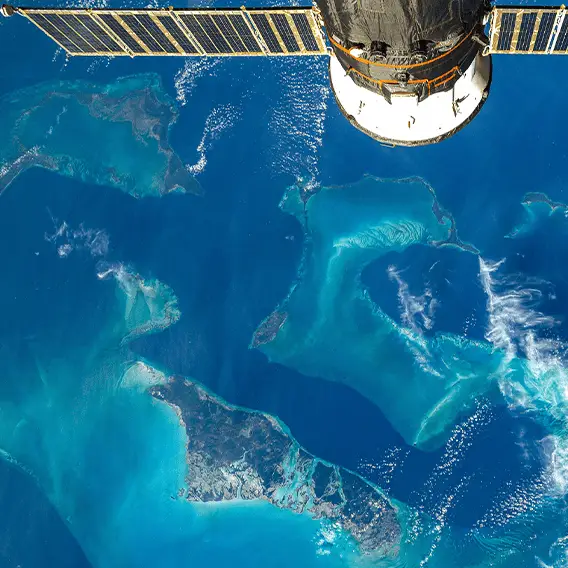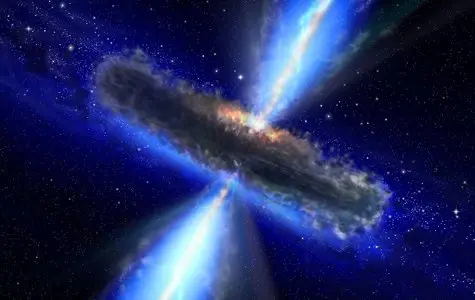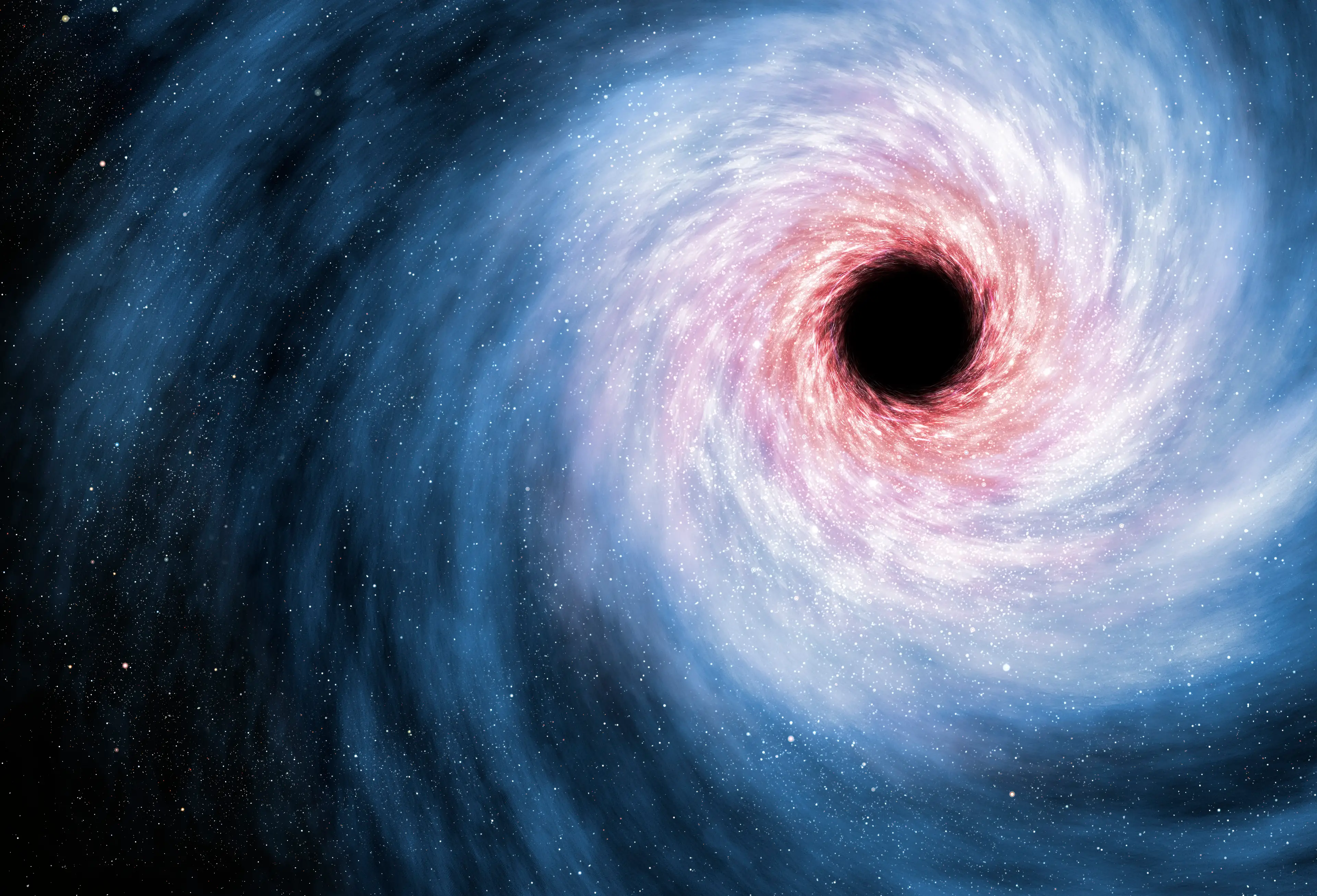
Water powers everything we do on Earth, and it's often said that water on another planet could sustain extraterrestrial life.
And in exciting news, scientists have found the largest and most distant reservoir of water ever detected in the universe.
What's truly mind-blowing about this discovery is the massive reservoir of water is located 30 billion trillion miles away, and in one of 'the most violent objects in the cosmos'.

Advert
That's how Caltech - the university behind the discovery - described a quasar, the enormous black hole where the mass of water vapor was discovered.
And this is no drop in the ocean - it's at least 140 trillion times the mass of all the water in the world's oceans combined, and 100,000 times more massive than the sun.
It can be hard to visualize just how far away from Earth 30 billion trillion miles is, so to put it into context - it's so far away, it takes 12 billion years for its light to reach us.
"The environment around this quasar is unique in that it's producing this huge mass of water," said Matt Bradford, a scientist at NASA's Jet Propulsion Laboratory (JPL), and a visiting associate at Caltech.
So what's the significance of this discovery?
"It's another demonstration that water is pervasive throughout the universe, even at the very earliest times," said Bradford, as the findings confirm a time when the universe was 1.6 billion years old.
Astronomers already expected water vapor to be present in the early universe, but it also is hugely important in learning more about this quasar.
Scientists have discovered that water vapor is 'distributed around the black hole in a gaseous region spanning hundreds of light-years (a light-year is about six trillion miles), and its presence indicates that the gas is unusually warm and dense by astronomical standards'.

Let's not get carried away - this is still space, after all, so the gas is reportedly -53°C (-63°F) - but that's comparatively balmy, as it's five times hotter than what's normal in galaxies like the Milky Way where water is also present - but is largely frozen.
The findings were published in two papers in the Astrophysical Journal Letters, and suggested there is enough gas to feed the black hole until it grows about six times in size.
Scientists will likely keep an eye on whether this actually happens - it's not a certainty, as the other option is some of the gas condensing into stars and 'ejected' from the quasar.
The discovery was made using a telescope that measures a light in the millimeter band - a region of the electromagnetic spectrum that lies between infrared and microwave wavelengths.
According to astronomers, the discovery shows how useful it is to look into space in the millimeter and submillimeter wavelengths. Who knows what else we might discover from doing so.